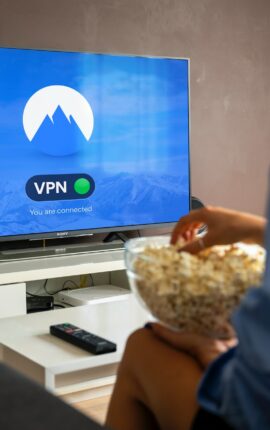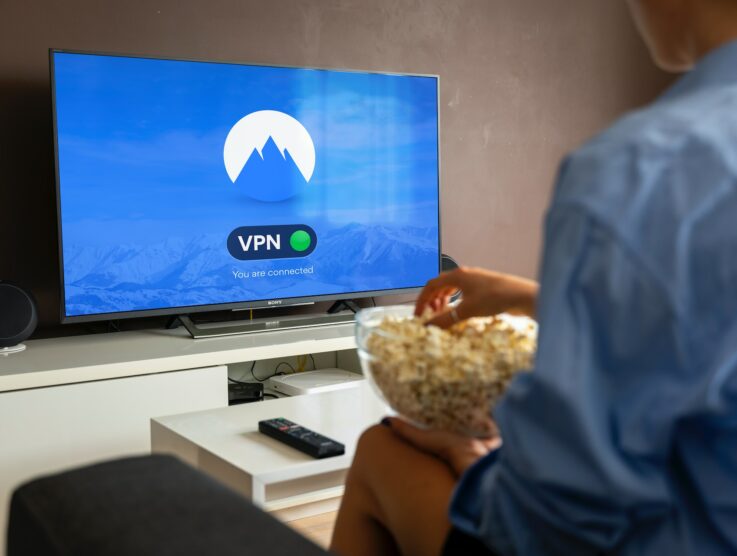
In today’s fast-paced digital world, the concept of a traditional office space is quickly becoming outdated. As remote work becomes more popular and necessary, maintaining security while enabling efficient communication has become a critical challenge. That’s where Virtual Private Networks (VPNs) come in. Let’s take a closer look at how VPNs empower remote workers.
Secure Remote Access to Company Resources
Remote workers often need to access sensitive company information from home or other locations. VPNs create an encrypted connection between the worker’s device and the company network, ensuring that data transferred over this connection is secure from potential eavesdroppers.
Protecting Personal and Professional Data
Employees working remotely using their home network or public Wi-Fi networks are vulnerable to cyberattacks. A VPN provides an extra layer of protection by encrypting the user’s internet connection, making it harder for hackers to steal sensitive data.
Bypassing Geo-restrictions
For businesses operating internationally, geo-restrictions can hinder access to certain websites or services. With a VPN, remote workers can appear to be browsing from a different country, allowing them to bypass these restrictions and access the resources they need.
Maintaining Privacy
VPNs protect user privacy by masking the user’s IP address. This feature prevents internet service providers and potential cybercriminals from tracking the user’s online activities, which is especially crucial when dealing with sensitive company data.
Ensuring Productivity
By providing secure, reliable, and private access to necessary resources, VPNs enable remote workers to work efficiently and productively from any location.
However, while VPNs are a powerful tool, they’re part of a broader security strategy. Here are a few additional tips for remote workers:
- Always keep your VPN application and other software updated to ensure you have the latest security patches.
- Use strong, unique passwords for all accounts.
- Be aware of phishing scams, especially those that might attempt to trick you into disabling your VPN or revealing your login credentials.
In conclusion, VPNs play a crucial role in enabling and empowering remote work. They provide the necessary security measures to ensure sensitive data remains confidential and accessible, no matter where employees may be. In our increasingly connected world, the use of VPNs in remote work is not just an added bonus—it’s a necessity.










